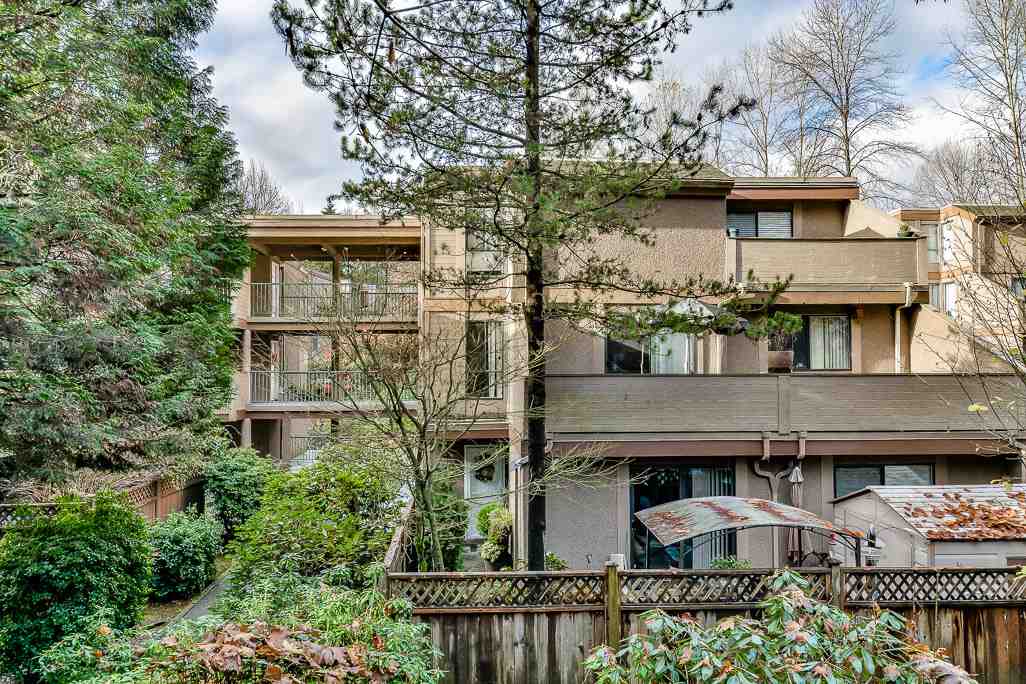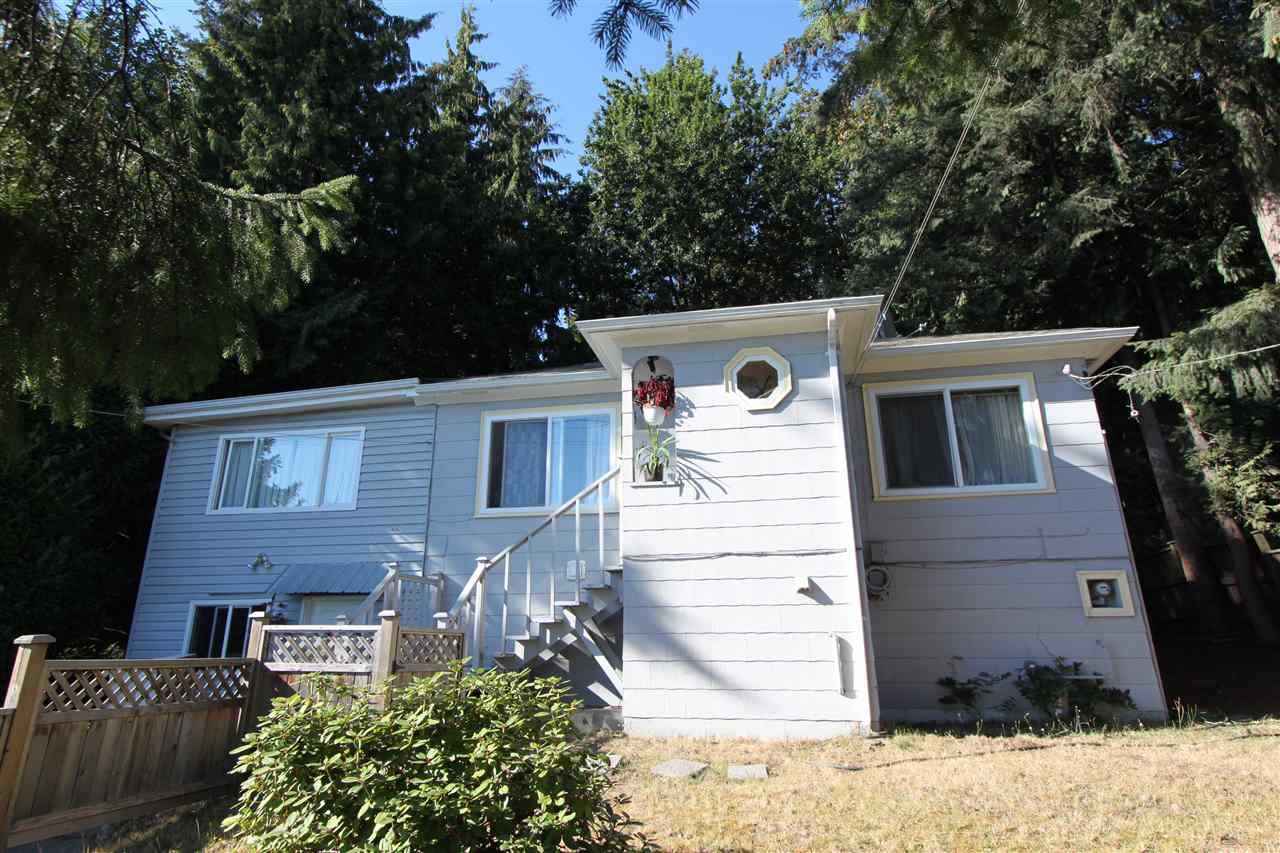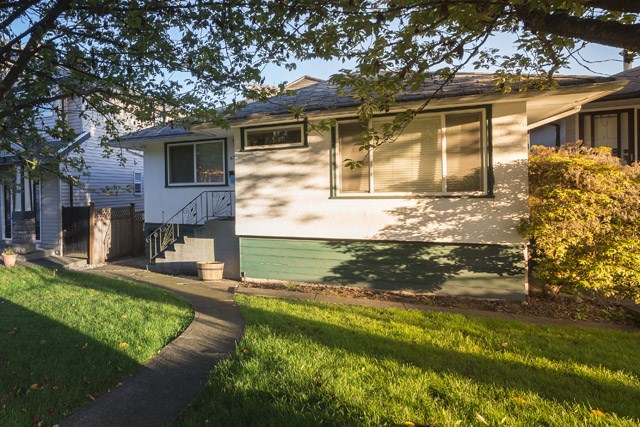
Happy New Year, guys! In this article I will breakdown one bedroom condo market in Burnaby BC for the month of December 2016. The statistics only apply to condos and apartments in Burnaby (townhouses are excluded). The breakdown is for one bedroom resale condos only. New construction and condos with more than one bedroom are excluded.
Average Sales Price for 1 Bedroom Condo in Burnaby in December 2016 (see graph below)
December 2016: $357,435 | +17.6% (change since December 2015)
November 2016: $344,681
There is a substantial increase in the average sales price for one bedroom condos in Burnaby as compared to December 2015. We also see an increase in the sales prices as compared to last month. It seems that the sales prices are catching up with the sales prices we’ve seen in the summer of this year.
Average Percent of Original Asking Price seller of one bedroom units in Burnaby are getting in December 2016 (see graph below)
December 2016: 97.8% | +0.6% (change since December 2015)
November 2016: 99.2%
In December sellers of one bedroom condos in Burnaby were selling their units for about 2-3% below their original asking price. That’s an indication of a healthy buyer demand.
In the summer and spring of 2016 sellers were selling their units for 5-8% over their original asking price.
Average Price Per Square Foot of one bedroom unit is Burnaby in December 2016 (see graph below)
December 2016: $537 | +20.7% (change since December 2015)
November 2016: $547
A huge increase in the average price per square foot since December of 2015. Again, an indication of a strong buyer demand as the prices don’t seem to be dropping for one bedroom units in Burnaby BC.
Total Inventory of one bedroom condos and apartments in Burnaby in December 2016 (see graph below)
December 2016: 36 | -69.0% (change since December 2015)
November 2016: 53
Record low inventory levels for one bedroom units in Burnaby. In fact this December we’ve had the lowest number of one bedroom condo units for sale in the last 10 years. Such low inventory levels are likely to cause price increase for one bedroom condos.
Total Number of New Listing of one bedroom condo unit on the market in Burnaby in December 2016 (see graph below)
December 2016: 18 | -41.9% (change since December 2015)
November 2016: 33
Some of the lowest numbers for new listings of one bedroom condos in Burnaby we’ve seen.
Total Number of Sales for one bedroom condos in Burnaby in December 2016 (see graph below)
December 2016: 21 | -60.4% (change since December 2015)
November 2016: 43
Not surprisingly we see a huge drop in the total number of sales as compared to December of 2015. Lack of inventory as well as the natural slow-down in the real estate activity are the likely causes for such low transaction numbers.
Sales to Active Listings Ratio for one bedroom condos in Burnaby in December 2016 (see graph below)
December 2016: 0.583 | +27.6% (change since December 2015)
November 2016: 0.81
The one bedroom condo market in Burnaby is still a very strong “sellers” market. On average 58 out of 100 condos were sold in December 2016.
In conclusion, one bedroom condo market in Burnaby is a “sellers” market. Units are generally selling for very close to their original asking price. Sale prices are gradually increasing. Total inventory levels are at all time low heading into 2017.
Leave a comment below if you found this information useful!
*all of the data is taken from the Real Estate Board of Greater Vancouver




